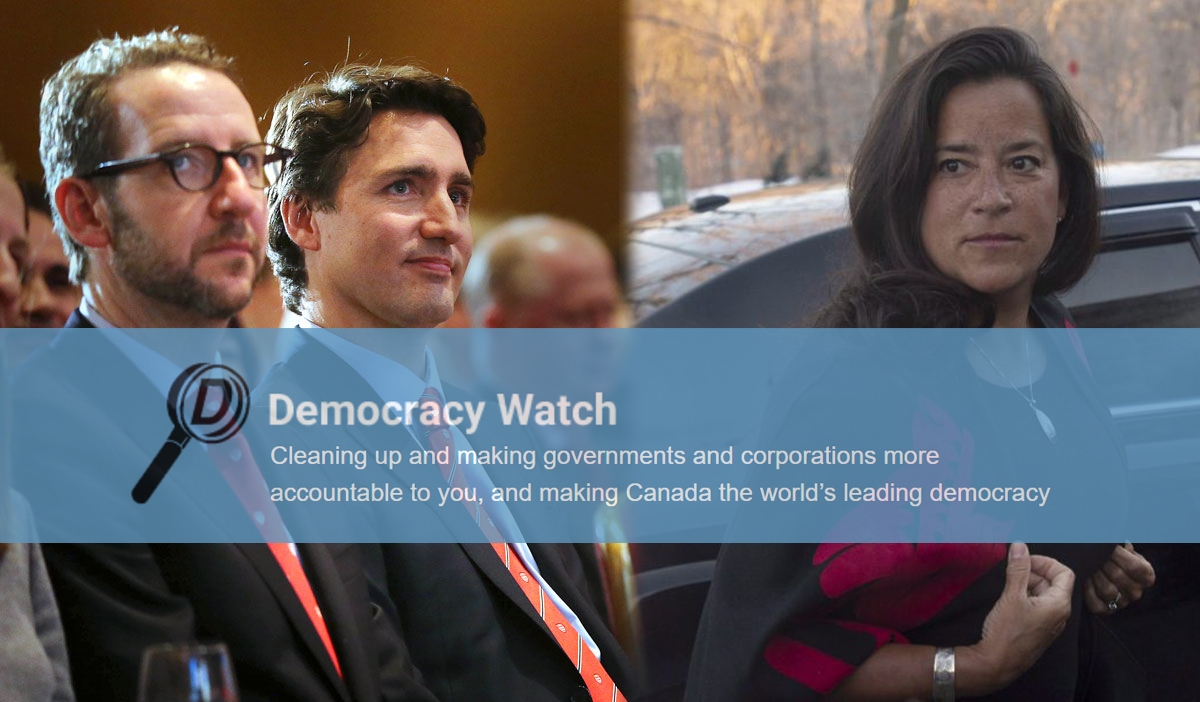
The Expendables: Political Advisors, Consultants and Media Commentators
It is said that there is no honour among thieves. After watching the reaction from both the White House and the Democratic National Committee (DNC) to recent comments made by one Hilary Rosen concerning Ann Romney, wife of the Republican Party’s likely presidential nominee, we could safely expand this old adage to read that there is no loyalty among politicians and their advisors in an election year.
Last week, when appearing on a three-way discussion panel on CNN’s Anderson Cooper 360, Democratic political consultant and White House advisor Hilary Rosen attempted to frame Republican presidential candidate Mitt Romney as being out of touch with today’s female American voters. She claimed that Romney’s wife, Ann, could not be seen as a true spokeswoman for the problems, concerns and fears that many working (and out of work) women are grappling with because she was wealthy. More specifically, Rosen stated that, “Guess what? His [Mitt Romney’s] wife has never actually worked a day in her life. She’s never really dealt with the kinds of economic issues that a majority of the women in this country are facing, in terms of how do we feed our kids, how do we send them to school, and why do we worry about their future.”

Rosen’s remarks did not go unnoticed. Shortly after the panel discussion was over, Ann Romney responded to Hilary Rosen on FOX news, driving home the fact that she has worked for decades raising a family and has indeed faced many challenges in so doing, challenges which are like those of many American women regardless of their socio-economic status. In essence, Ann Romney rebutted Hilary Rosen’s comments by insisting that raising a family is as valid a form of work as is working a nine-to-five job outside the home. In the immediate aftermath of Rosen’s remarks and Romney’s response, President Barack Obama, his administration and the Democratic Party machine have proactively engaged in damage control in an effort to distance the President from the likely fallout that Rosen’s “class and gender warfare-based” gaffe would have on the Democratic Party in general and on President Obama in particular.
Knowing that the stakes were too high in November’s presidential election to risk any association with anything or anyone that could hamper the President’s re-election campaign, senior White House officials immediately began excommunicating Hilary Rosen from the Democratic Party. During a press conference, White House Press Secretary Jay Carney said that Hilary Rosen did not work for the President as an Obama re-election advisor and stated that he did not even know who she was. On CNN, David Axelrod, who is serving as the chief campaign strategist for President Obama’s re-election bid, unequivocally stated that Hilary Rosen’s comments were her own opinions and that she was not associated with the White House as an advisor to the President — despite the fact that Rosen had visited the White House for business purposes more than thirty times in the recent past according to Secret Service records.

Gaffes like Hilary Rosen’s are nothing new in politics. However, what is new is the immediate dog-eat-dog reaction that Rosen’s comments have precipitated, a reaction which has so far resulted in her being shut out or, to put it more bluntly, thrown under the wheels of the bus by her own political party in near record time. When politicians make a gaffe — and all do no matter on which side of the aisle they may sit — there is more room for forgiveness than there is with political operatives, consultants and media commentators. For instance, when outgoing President Ronald Reagan referred to Michael Dukakis, the Democratic Governor of Massachusetts who would challenge Republican George H.W. Bush in the 1988 presidential election as an “invalid” at a White House press conference, or when, on the 2008 campaign trail, then Democratic Senator and now Vice President Joe Biden told a wheelchair-bound Missouri State Senator to “stand up,” people let it pass. However, when a political consultant or advisor makes a gaffe, the situation is markedly different. Immediate dismissal and no delay in distancing the politician from the offending individual is often the first line of defense in the battle to avoid damaging reaction in the court of public opinion. The reason, of course, is that the comment, if left unaddressed, could very well translate into a loss of votes at the next election. Such is the case with Hilary Rosen.
Rather than admitting that Rosen was indeed a White House advisor who erred in making a comment that was accusatory and inappropriate (a common enough human failing), the Obama administration has spared no effort in distancing itself from her. As a result, there is little doubt that her career as a Washington-based political operative and Democratic political consultant is likely over. Politics at the national level has always been a zero sum game; yet it would seem that the consequences are especially swift for advisors and consultants who find themselves at the wrong end of a comment which could prove damaging to a re-election campaign. The reaction to Rosen’s comments should serve as a warning to all political operatives and workers that loyalty is not absolute and that, in an election year, everyone is expendable. This lesson is equally as pertinent here in Ottawa as it is in Washington.








